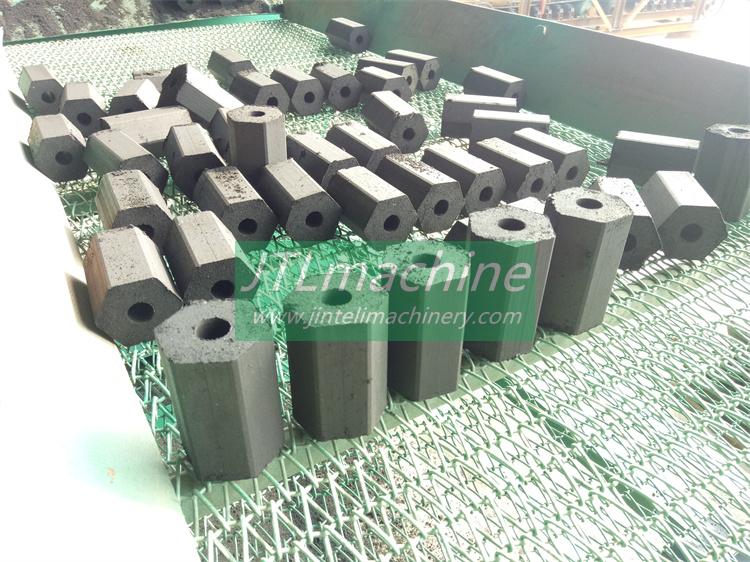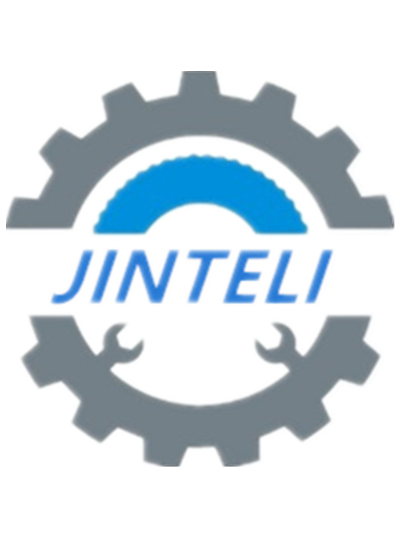Table of Contents
The Advantages of High-Speed Press Machines in Industrial Manufacturing
High-speed press machines, also known as powder compression machines or powder compressing machines, are indispensable tools in industrial manufacturing processes. These machines offer a multitude of advantages that streamline production, enhance efficiency, and ensure high-quality output. From automotive to electronics industries, the utilization of high-speed press machines has become commonplace, revolutionizing the way products are manufactured. In this article, we delve into the advantages of these machines and their significance in modern industrial manufacturing. First and foremost, high-speed press machines excel in their ability to increase production output. With their rapid cycling times and precise operation, these machines significantly reduce manufacturing cycle times compared to traditional methods. This increased speed translates to higher productivity levels, allowing manufacturers to meet tight deadlines and fulfill large orders with ease. As a result, businesses can enhance their competitiveness in the market and capitalize on opportunities for growth and expansion. Moreover, high-speed press machines offer unparalleled accuracy and consistency in product fabrication. Through advanced automation and control systems, these machines can maintain tight tolerances and produce components with exceptional precision. This level of accuracy ensures uniformity across batches, minimizing variations in product dimensions and characteristics. As a result, manufacturers can deliver high-quality products that meet stringent specifications and exceed customer expectations. In addition to speed and precision, high-speed press machines offer versatility in manufacturing processes. These machines can accommodate a wide range of materials, including metals, plastics, and ceramics, making them suitable for diverse applications across various industries. Whether it’s forming, stamping, or compacting, high-speed press machines can be tailored to suit specific production requirements. This flexibility enables manufacturers to adapt quickly to changing market demands and explore new opportunities for product innovation and customization. Another significant advantage of high-speed press machines is their cost-effectiveness. While the initial investment may be higher than traditional manufacturing equipment, the long-term savings are substantial. By increasing production efficiency and reducing material wastage, these machines optimize resource utilization and minimize operational costs. Furthermore, their reliability and durability ensure minimal downtime and maintenance expenses, contributing to overall cost savings over time. Furthermore, high-speed press machines enhance workplace safety and ergonomics. With automated operation and safety features, such as guards and sensors, these machines minimize the risk of accidents and injuries in the manufacturing environment. Additionally, their ergonomic design reduces physical strain on operators, promoting a safer and more comfortable working environment. By prioritizing worker safety and well-being, high-speed press machines contribute to higher morale and productivity among employees. In conclusion, high-speed press machines play a pivotal role in modern industrial manufacturing, offering a myriad of advantages that drive efficiency, quality, and innovation. From increasing production output to ensuring precision and versatility, these machines are indispensable tools for businesses looking to stay competitive in today’s dynamic market landscape. With their cost-effectiveness and focus on safety, high-speed press machines represent a sound investment for manufacturers seeking to optimize their production processes and achieve sustainable growth. As technology continues to evolve, the significance of high-speed press machines in industrial manufacturing is only expected to grow, shaping the future of production in diverse industries worldwide.Exploring the Efficiency and Precision of Powder Compression Machines
Exploring the Efficiency and Precision of Powder Compression Machines Powder compression machines, also known as high-speed press machines or powder compressing machines, are integral to various industries, ranging from pharmaceuticals to food processing and beyond. These machines play a crucial role in transforming powdered materials into solid forms with high precision and efficiency. Understanding their mechanics, capabilities, and applications is essential for businesses seeking to optimize their production processes and deliver high-quality products to market. At the heart of powder compression machines lies the principle of compaction, wherein powdered materials are subjected to controlled pressure to form solid tablets or compacted products. These machines utilize sophisticated mechanisms to ensure uniform compression and consistent quality across batches. One of their key features is their high-speed operation, which enables rapid production cycles without compromising on precision. The efficiency of powder compression machines stems from their ability to precisely control various parameters, including pressure, dwell time, and tablet dimensions. Advanced models incorporate automation and computerized systems to monitor and adjust these parameters in real-time, ensuring optimal performance and product quality. This level of precision is vital, especially in industries where the uniformity and integrity of the final product are paramount. In pharmaceutical manufacturing, for instance, powder compression machines are indispensable for producing tablets with precise dosages and dissolution profiles. By exerting controlled pressure on pharmaceutical powders, these machines can create tablets of consistent weight, hardness, and disintegration characteristics, meeting stringent regulatory requirements and ensuring patient safety. Similarly, in the food and beverage industry, powder compression machines are utilized to create compressed products such as protein bars, energy supplements, and flavored tablets. The ability to control the density and composition of these products is crucial for achieving desired taste, texture, and shelf-life properties. Powder compression machines enable manufacturers to meet consumer preferences while maintaining production efficiency and profitability.
The versatility of powder compression machines extends beyond pharmaceuticals and food products to encompass various other industries, including cosmetics, chemical manufacturing, and agricultural applications. Whether it’s forming powdered cosmetics into compacted palettes or creating controlled-release fertilizers, these machines offer unparalleled flexibility and precision in processing powdered materials.
Similarly, in the food and beverage industry, powder compression machines are utilized to create compressed products such as protein bars, energy supplements, and flavored tablets. The ability to control the density and composition of these products is crucial for achieving desired taste, texture, and shelf-life properties. Powder compression machines enable manufacturers to meet consumer preferences while maintaining production efficiency and profitability.
The versatility of powder compression machines extends beyond pharmaceuticals and food products to encompass various other industries, including cosmetics, chemical manufacturing, and agricultural applications. Whether it’s forming powdered cosmetics into compacted palettes or creating controlled-release fertilizers, these machines offer unparalleled flexibility and precision in processing powdered materials.





